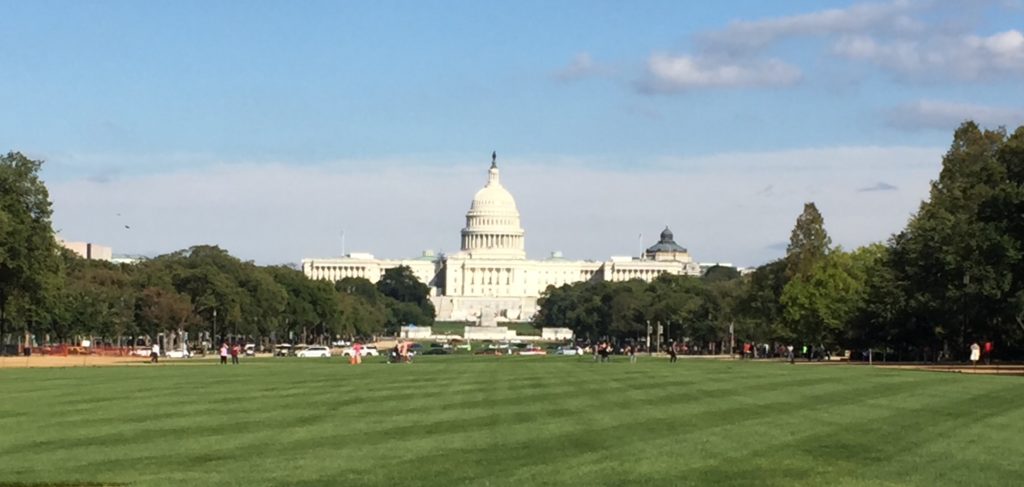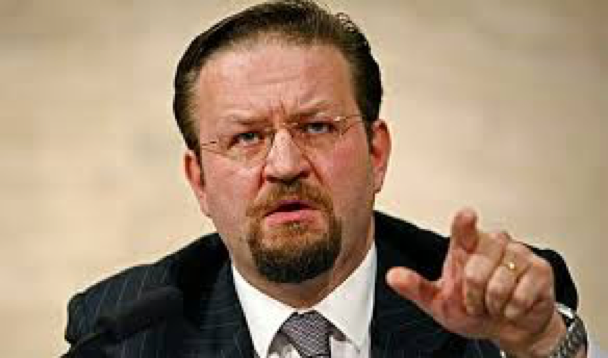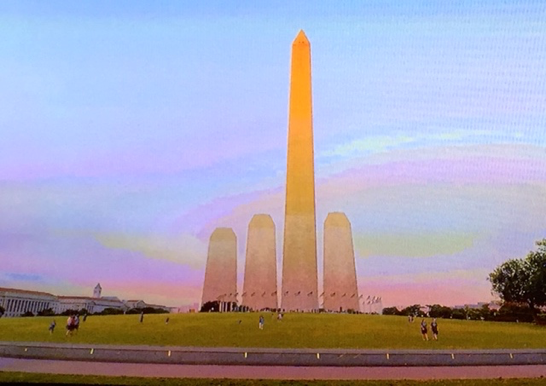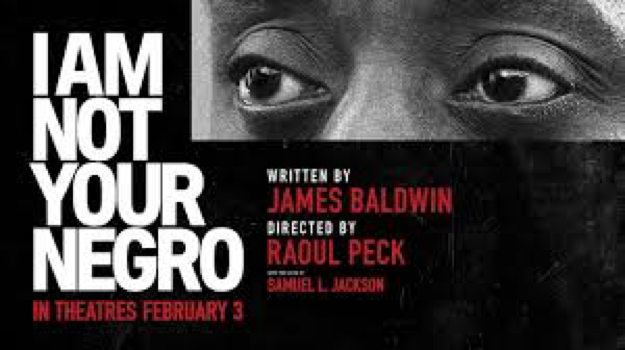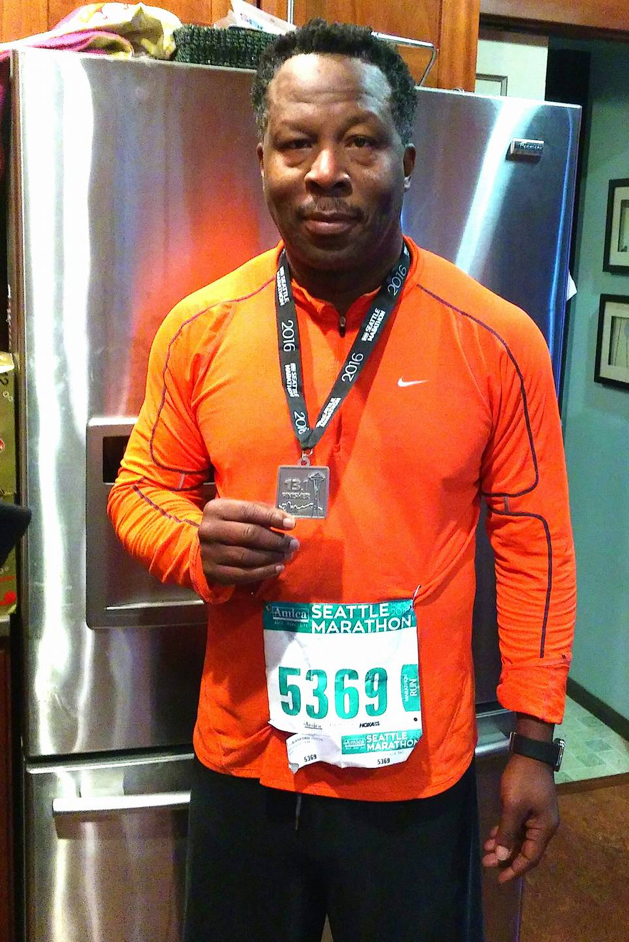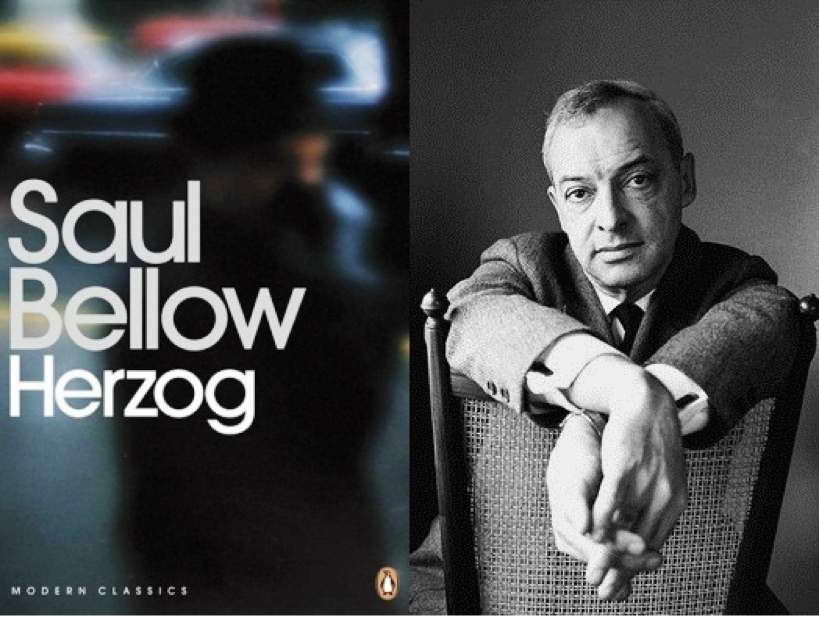
I’m so sorry that Saul Bellow is dead. The 1976 Nobel Prize winning author of Herzog and Henderson the Rain King would have been the perfect writer for Trump: The Novel. Cited at the Nobel ceremony for his “human understanding and subtle analysis of contemporary culture,” he might have used the 45th President’s antics to give us another great picaresque novel.
After all, Bellow’s protagonist, Moses E. Herzog, is a lot like Donald J. Trump. Unhinged and lonely, he tries to connect with and make sense of the world by writing letters to anyone and everyone. If the novel had been written in 2016, Herzog would have Tweeted. It’s much simpler and easier. 140 characters. No stamps. No trips to the Post Office.
I have the first scene of Trump: The Novel etched clearly in my mind:
It’s 6 a.m. on Saturday morning. The White House is quiet. Melania, the fairy princess, is 226 miles to the north in The Tower. Ivanka and Jared departed the White House just before sunset to observe Shabbat at their DC pied-‘a-terre.
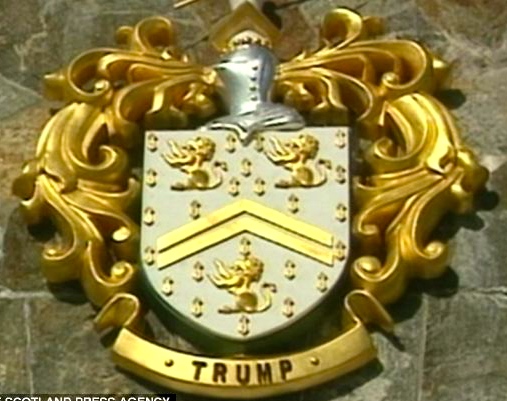 Donald has been up since 3 a.m. The Secret Service is on alert. He’s roaming the empty halls with his unsecured Android at the ready, and contrary to what Sean Spicer reported, he does have a bathrobe – and he’s wearing it. It’s a blue velour job with the bogus, Trump coat-of-arms covering the entire breast pocket. The hair net he wears to bed is carefully stowed in the bedside table.
Donald has been up since 3 a.m. The Secret Service is on alert. He’s roaming the empty halls with his unsecured Android at the ready, and contrary to what Sean Spicer reported, he does have a bathrobe – and he’s wearing it. It’s a blue velour job with the bogus, Trump coat-of-arms covering the entire breast pocket. The hair net he wears to bed is carefully stowed in the bedside table.
As he wanders the hallways of “the residence,” he checks and rechecks the television monitors. Is Fox and Friends Weekend reporting anything important or salacious he can Tweet about. His Twitter finger is itchy and the normal gatekeepers, Ivanka and Jared, aren’t around to monitor his output. He loves Saturday. It can be lonely and boring, but he’s liberated from oversight and free to Tweet. The kids just don’t understand. They’re looking over his shoulder Monday through Friday. They’re suffocating him when they’re around, but this is Saturday – his day to roam freely.
It’s tempting to go on, but the fantasy novel is too close to reality. Saturday Night Live does it better, but even they stretch to satirize. Real life is interfering with late night comedy.
_____
My cousin, Russ, is an executive coach. He’s been working with the 777 leadership group at Boeing, helping them create effective teams and communication skills. In response to my last blog post, he sent me his analysis of DJT based on Jean Piaget’s work and follow up research done on adult mental development.
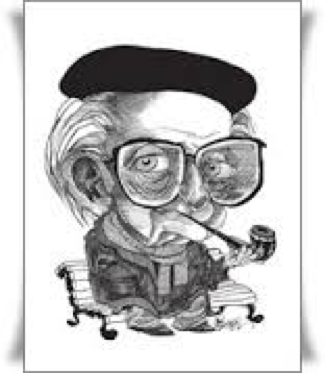
Piaget
Russ’ assessment is that Trump “is still operating at a pre-adolescent form of mind called ‘self-sovereign.’ The self-sovereign sees others as tools and extensions of his own ego. Others are there to be manipulated, not treated as individuals with their own wants, needs, and points of view.” The self-sovereign is a case of arrested development. Trump, by this analysis, lacks the ability to think at a level sufficient to the challenges of the presidency and at age 70 his prospect for further development is slim… especially under the stress conditions of his role.
I think Russ is correct and it’s alarming. Trump is such an easy target, a soft, flabby one for liberal democrats (small “d”), but he is a scary cog in the worldwide tectonic shift toward autocracy. The question, perhaps raised seriously for the first time since the early days of the republic, is can our institutions withstand this assault on its democratic underpinnings. Will it survive Steve Bannon and the anti-globalists. Will it endure or cave under pressure to reorganize and realign with a new world order?
Words matter, and some, like “liberal” and “conservative” raise hackles from those who assign pejorative connotations to the one they don’t align with. But, at the risk of raising hackles it’s worth noting that there is a difference between “liberal democracy” and “democracy.” Russia, Hungary, and Turkey are “democracies.” They have “popularly” elected leaders, elected legislative bodies, and are ostensibly ruled by a set of laws. But, they’re hollow democratic shells that don’t tolerate dissent or opposition political parties.
The Road Ahead

Ironically, as recently as 1991 the Deputy Director of the State Department’s Policy Planning Staff, Francis Fukuyama, wrote that “a true global culture has emerged centering around technologically driven economic growth and the capitalist social relations necessary to produce and sustain it.” Fukuyama envisioned a positive direction to its then current history, demonstrated by the collapse of authoritarian regimes of right and left and their replacement (in many but not all cases) by liberal governments. He saw global movement in a positive direction. (See Fukuyama, The End of History and the Last Man, reissue edition 2006)
He was dead wrong. He was encouraged by the demise of the Soviet empire and changes in the Chinese economic system, but the vacuum created by the fall of the Berlin Wall and the breakup of the Soviet state is now filled with anti-globalists. Putin in Russia. Orban in Hungary. Erdogan in Turkey. El-Sisi in Egypt and strong autocratic, anti-globalist, movements in France (Marine Le Pen), Netherlands (Geert Wilders), and Angela Merkel’s challengers in Germany.
Arnold Toynbee, in his seminal Study of History cautioned that historians should be “chary of forecasting the outcome of the Western civilization’s latter-day attempts to devour its contemporaries.” Fukuyama should have paid more attention to Toynbee.
What to make of Donald Trump? Is he a tool? Is he Steve Bannon’s dupe? Did he think he was running for student body president only to wake up on November 9, 2016 to find himself the most powerful person in the world? All of the above may be true. I just know that he isn’t up to the job, and like the drift toward autocracy it doesn’t bode well for real democrats – Americans on both sides of the divide that believe in good faith, respect for institutions, a belief in civic participation, tolerance, and the rule of law. This fight isn’t about policy differences; it’s about character, republican ideals, and human dignity.






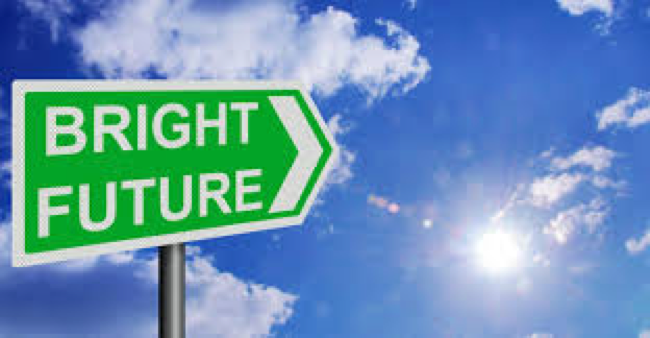
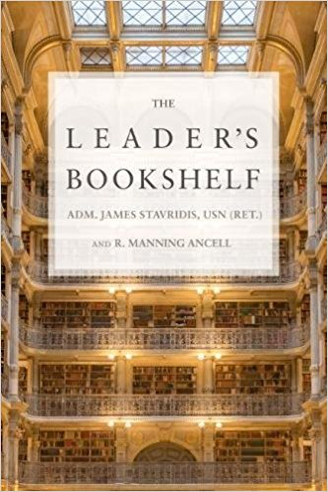 Donald J. Trump does not read, and his ability to explain what he means is limited by a small adjective-heavy vocabulary. He has difficulty expressing himself in words. His favorites are “tremendous,” “huge,” “disastrous,” “very, very good,” and “incredible.” He watches television and has made it clear that cable news, Fox News in particular, is a credible, reliable source of information on which to base his decisions as Commander in Chief.
Donald J. Trump does not read, and his ability to explain what he means is limited by a small adjective-heavy vocabulary. He has difficulty expressing himself in words. His favorites are “tremendous,” “huge,” “disastrous,” “very, very good,” and “incredible.” He watches television and has made it clear that cable news, Fox News in particular, is a credible, reliable source of information on which to base his decisions as Commander in Chief.

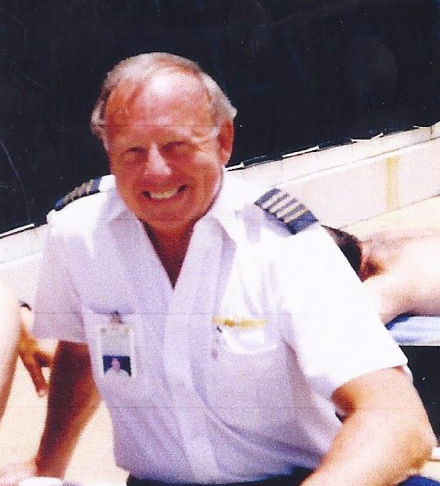 This is that Deryl. We’re exactly the same age and grew up in Seattle but went to different high schools. Later, we became military pilots, served our time, and then were hired by Pan Am. We were based in San Francisco for a few years, and during those years flew together several times. I especially remember a memorable crew layover and dinner at an outdoor bar in Tahiti. We haven’t seen each other in years, but we keep up through the Pan Am grapevine and FB.
This is that Deryl. We’re exactly the same age and grew up in Seattle but went to different high schools. Later, we became military pilots, served our time, and then were hired by Pan Am. We were based in San Francisco for a few years, and during those years flew together several times. I especially remember a memorable crew layover and dinner at an outdoor bar in Tahiti. We haven’t seen each other in years, but we keep up through the Pan Am grapevine and FB.